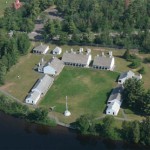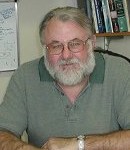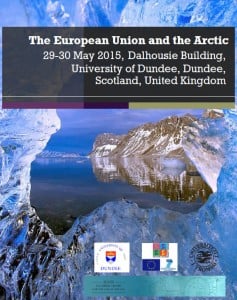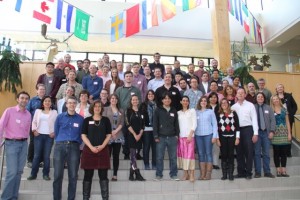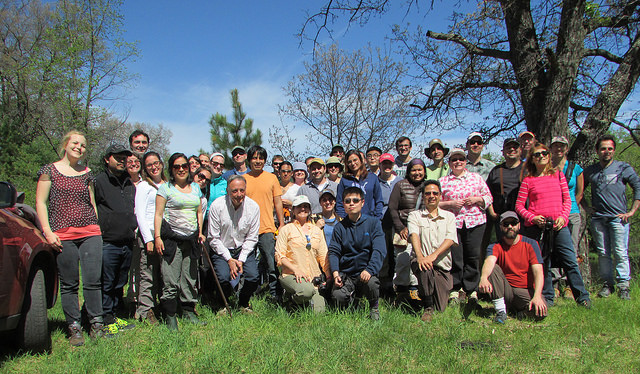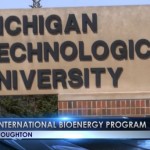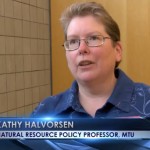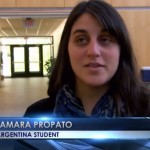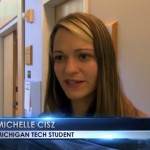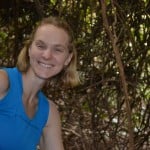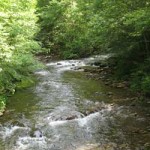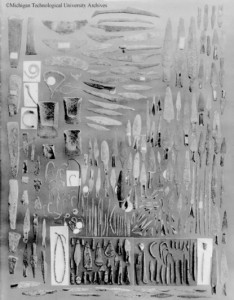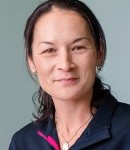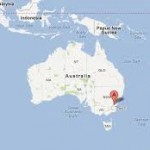From Tech Today:
Trials and Trails Tonight
The Carnegie Museum hosts tours of Huron Creek. Carol MacLennan (SS) and Alex Mayer (CEE) will host a pair of tours tonight. Begining at 5:30 p.m. and again at 7 p.m. the tour of Huron Creek travels from its rerouted home behind Walmart to its entry into the Portage Canal. You will learn about how area mines and other development changed the route and the ecology of Huron Creek. $25.00 per ticket ($20 members) includes guided tour and refreshments at Museum.
Seats are limited, reserve tickets by calling 482-7140 or email
